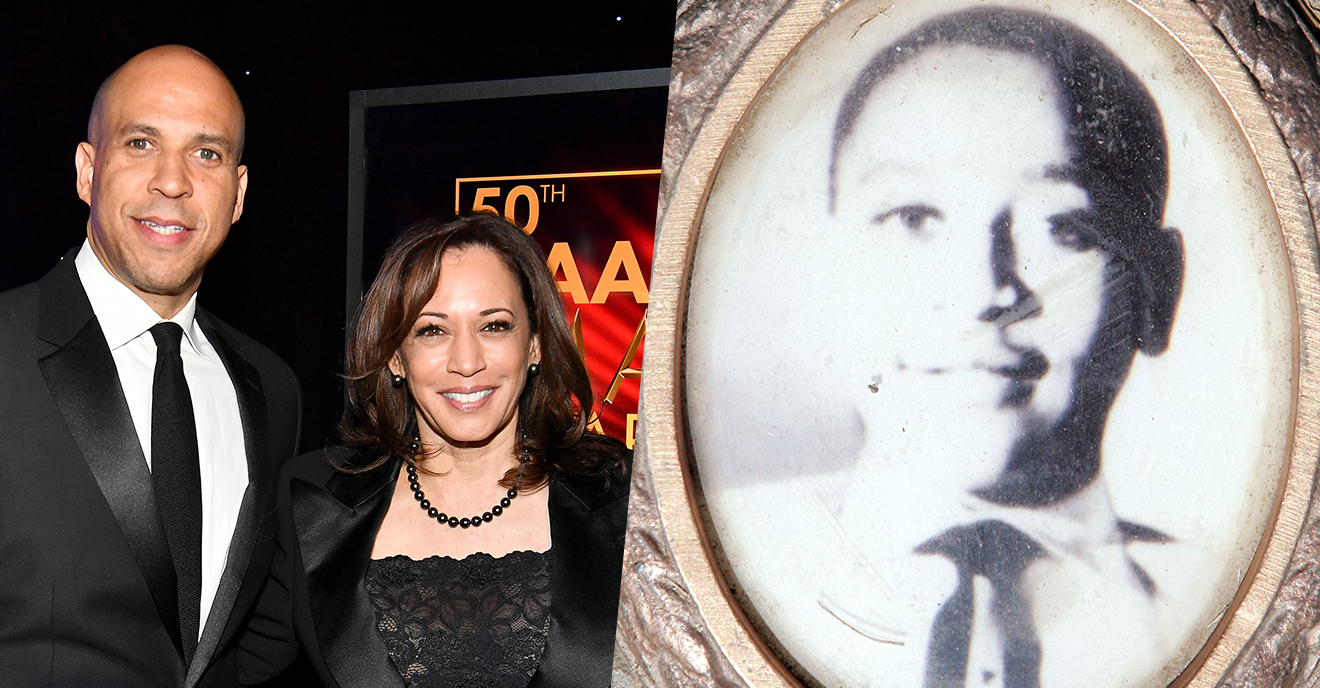An anti-lynching bill that is more than a century old is being reintroduced on the House floor after being rejected in 1900.
The bill, introduced 120 years ago, is slated to be called the Emmett Till Antilynching Act. Emmett Till was lynched in Mississippi in 1955 after being accused of harassing a white woman.
The amendment states that lynching someone is a hate crime under federal law.
In 1900, Rep. George Henry White, the nation’s only Black congressman at the time, introduced the first bill in Congress. Unfortunately, the bill was killed off in the committee by southern white Democrats. Just a year after that, White decided not to run for reelection, only serving two terms because the state law thereafter disenfranchised Black voters, WRAL reported. There would not be another Black southerner elected to Congress again until 1972, according to WRAL.
"[It's been] more than 100 years have passed since Congressman George Henry White introduced the first anti-lynching legislation,” House Judiciary Committee Chairman Jerrold Nadler said via The Washington Post. “Next week, we will finally take concrete steps to address this dark and shameful chapter in American history by bringing the Emmett Till Antilynching Act to a vote on the House floor."
According to GovTrack, the bill's revival has been a work in progress since last year.
The amendment was officially brought back to life on January 3, 2019, by Rep. Bobby Rush of Illinois. The bill was sent to the House for consideration on June 12, 2019, and last Thursday, February 21, the House indicated the proposal being considered this week.
If the bill is passed by the House this Wednesday, it will be sent to President Donald Trump.
It passed in the Senate last year, led by Black senators, Kamala Harris, Cory Booker and Tim Scott.
In the U.S., there were 4,743 lynchings that took place between 1882 and 1968, according to the NAACP. Making up the majority, 3,446 of those lynched, or about 73%, were Black people. Researchers from the Equal Justice Initiative, a nonprofit founded by Just Mercy author Bryan Stevenson, stated there were nearly 4,400 Black lynching victims between 1877 and 1950.
Blavity previously reported Stevenson's thoughts on lynching. The author thinks the U.S. has not done enough.
"I don't think we've actually done a very good job of acknowledging the pain and agony, the suffering, the humiliation, the complete denial of humanity that slavery created for Black people on this continent," Stevenson said. "I think for many people of color they've had to endure the pain of this era, this history, in silence. It wasn't safe to talk about all of that anguish."
Stevenson is also responsible for the creation of The National Memorial for Peace and Justice in Montgomery, Alabama.
